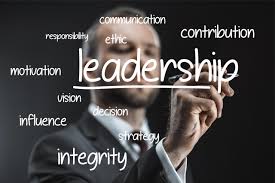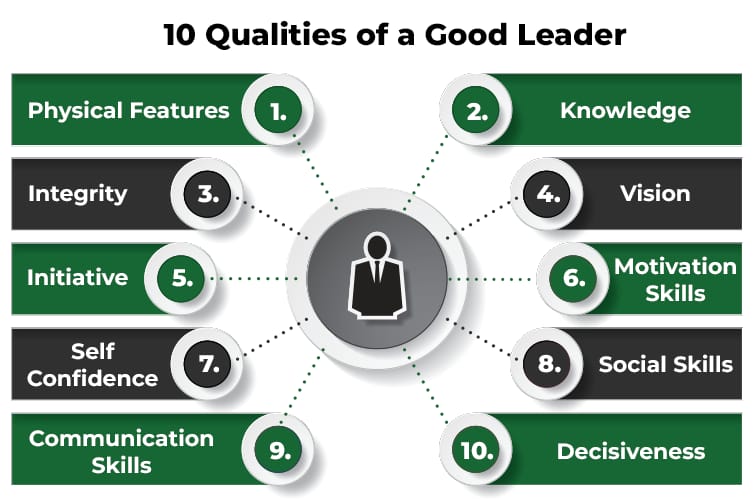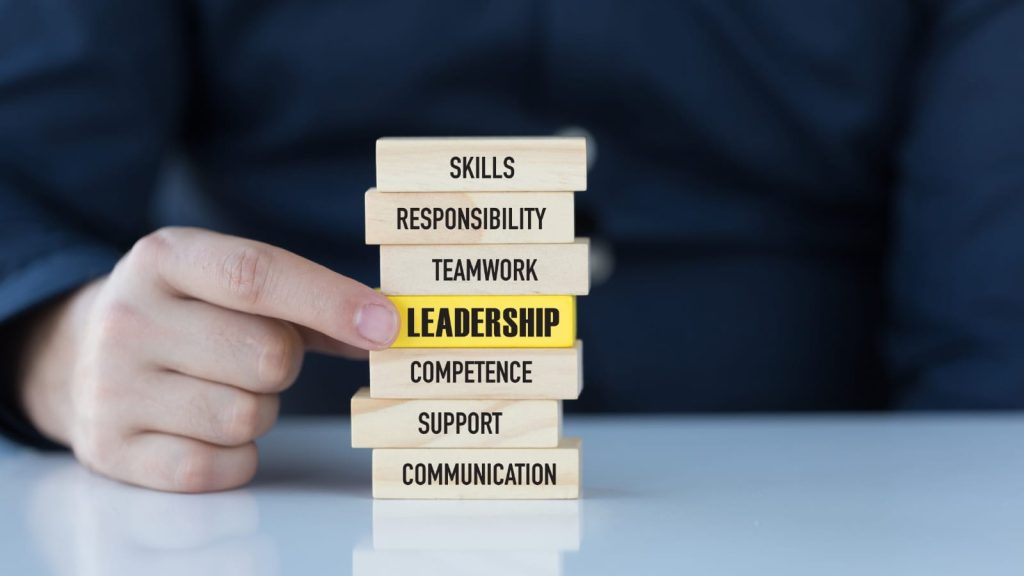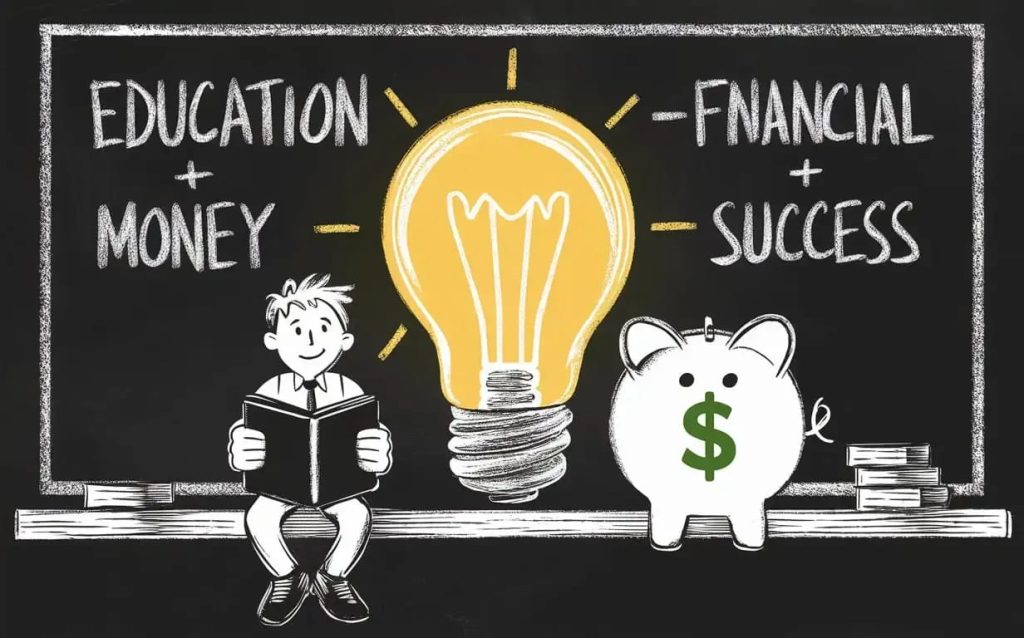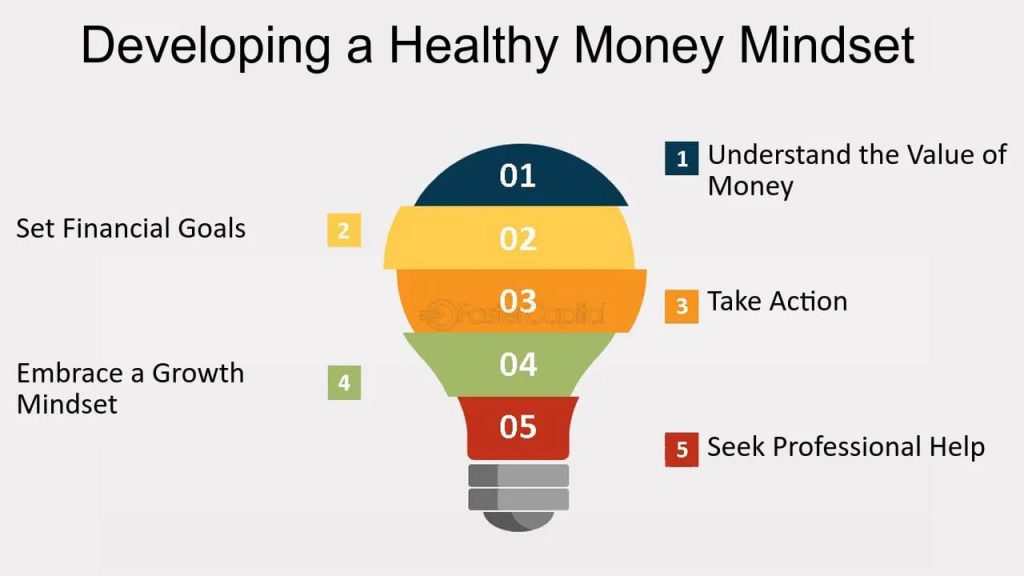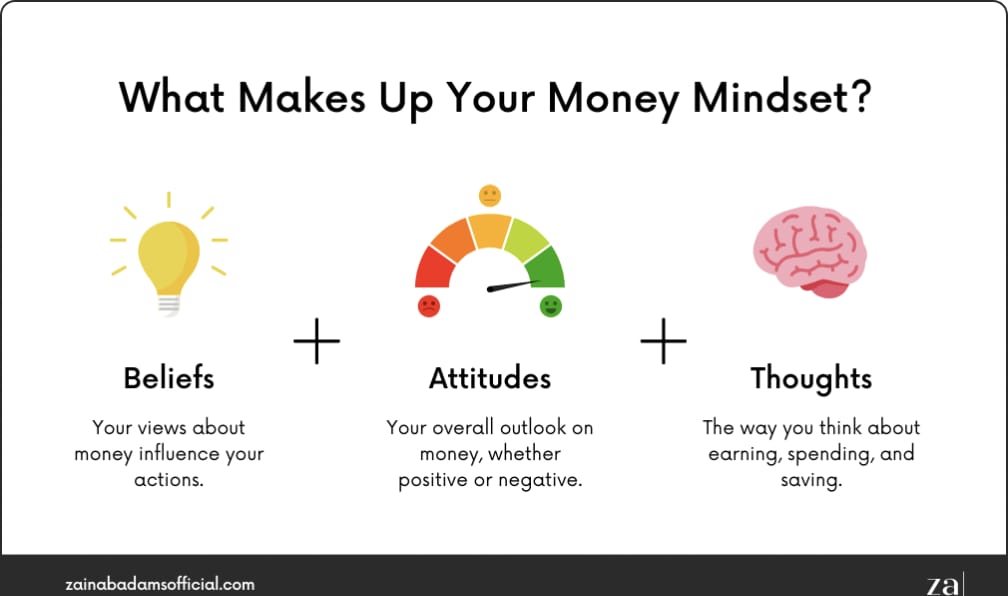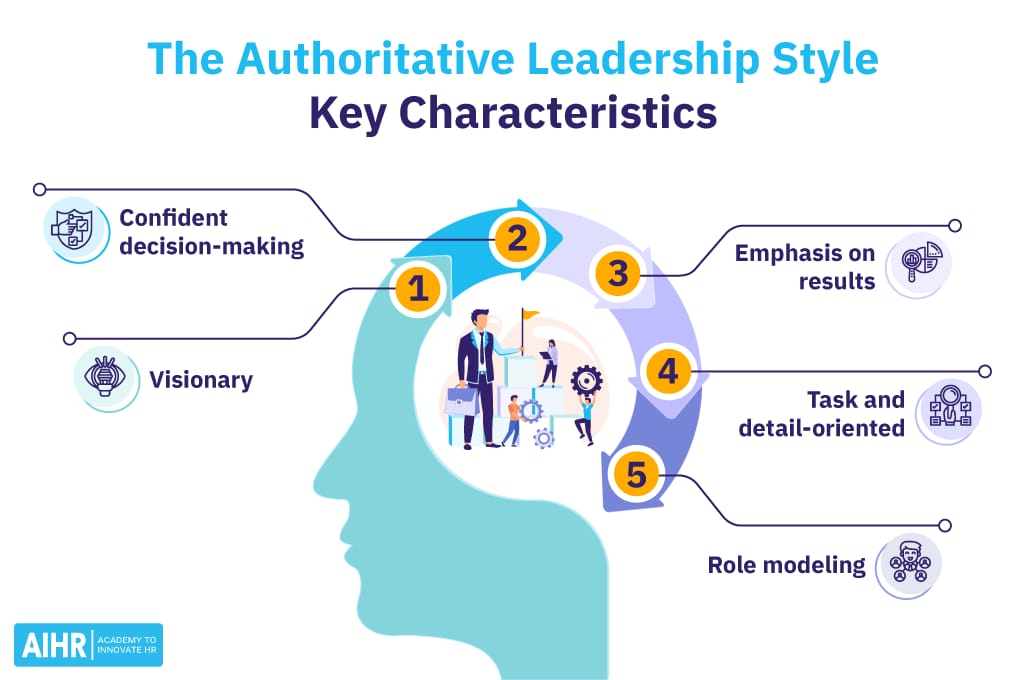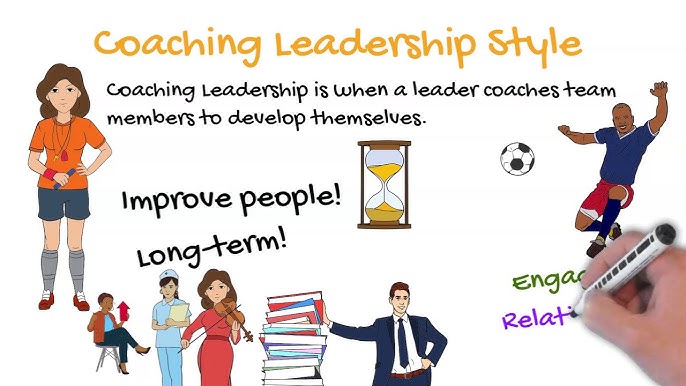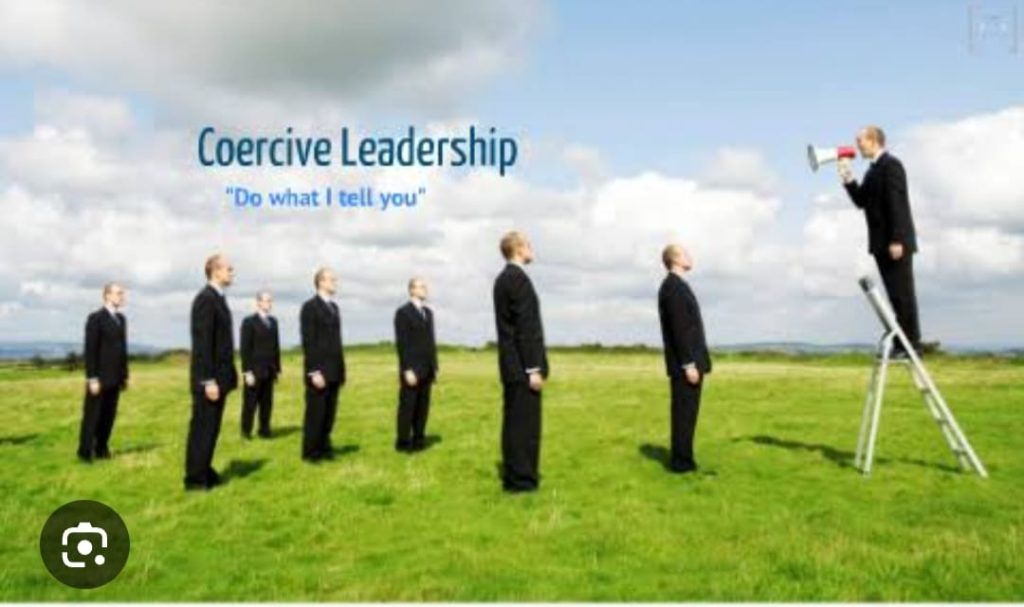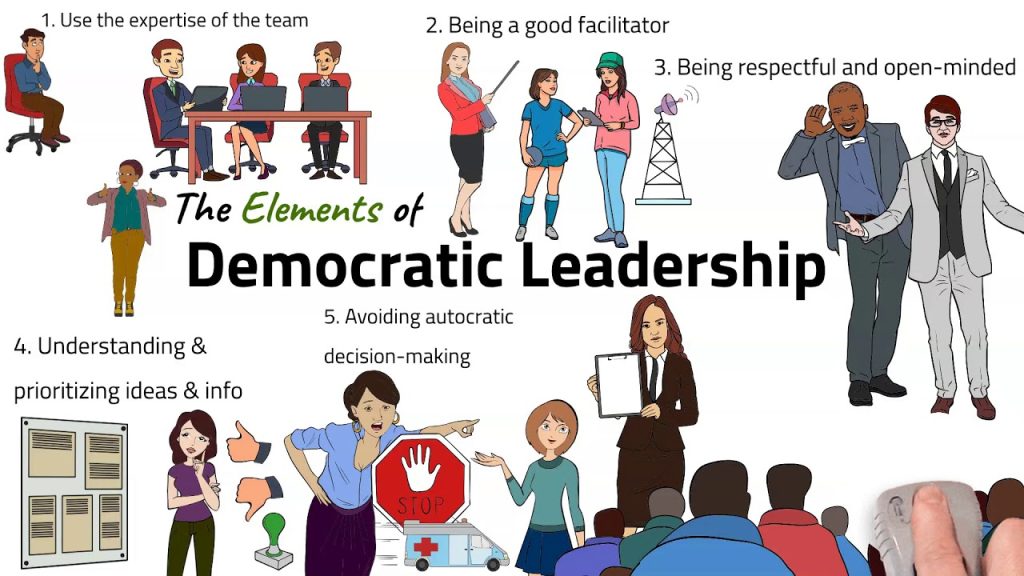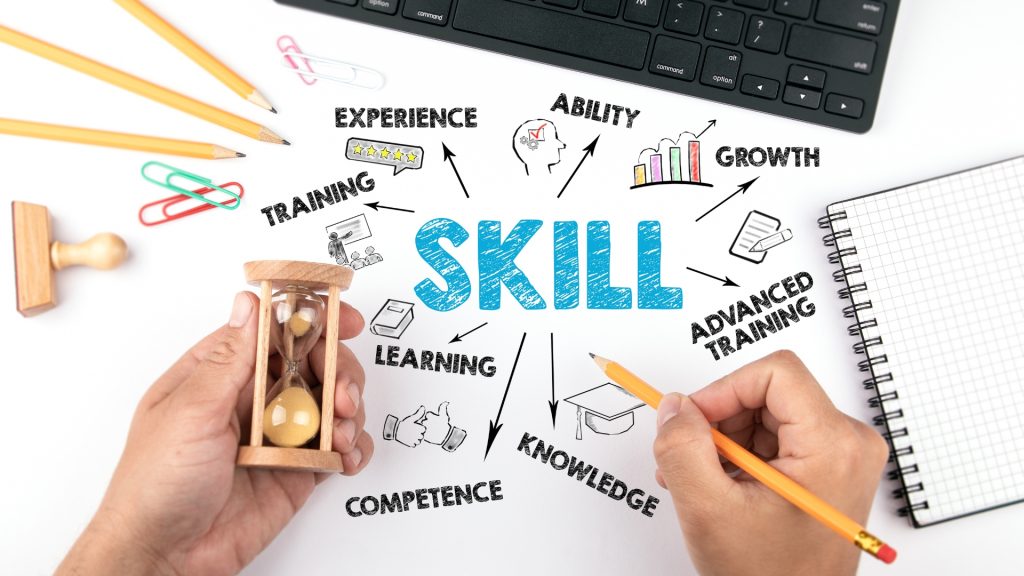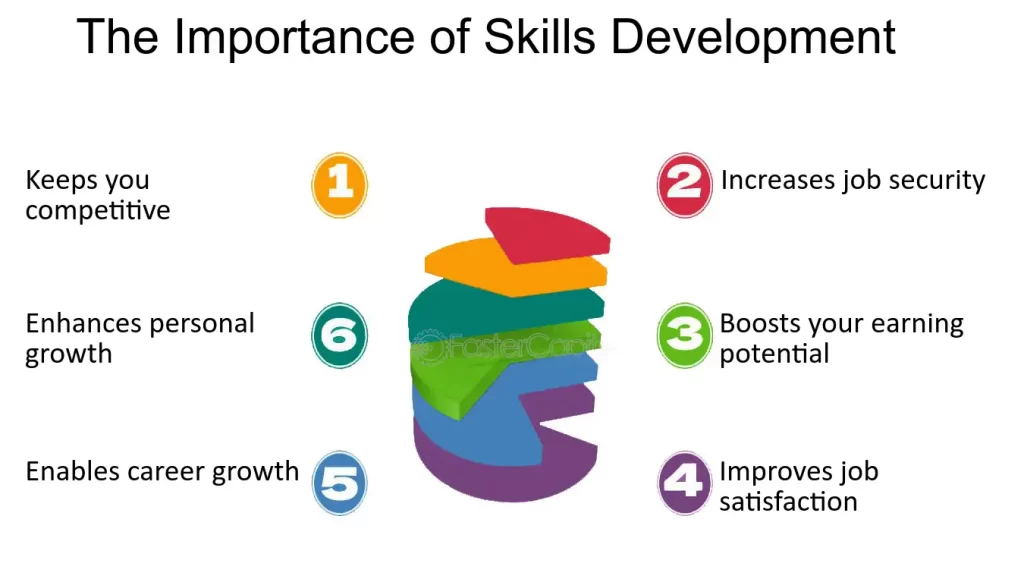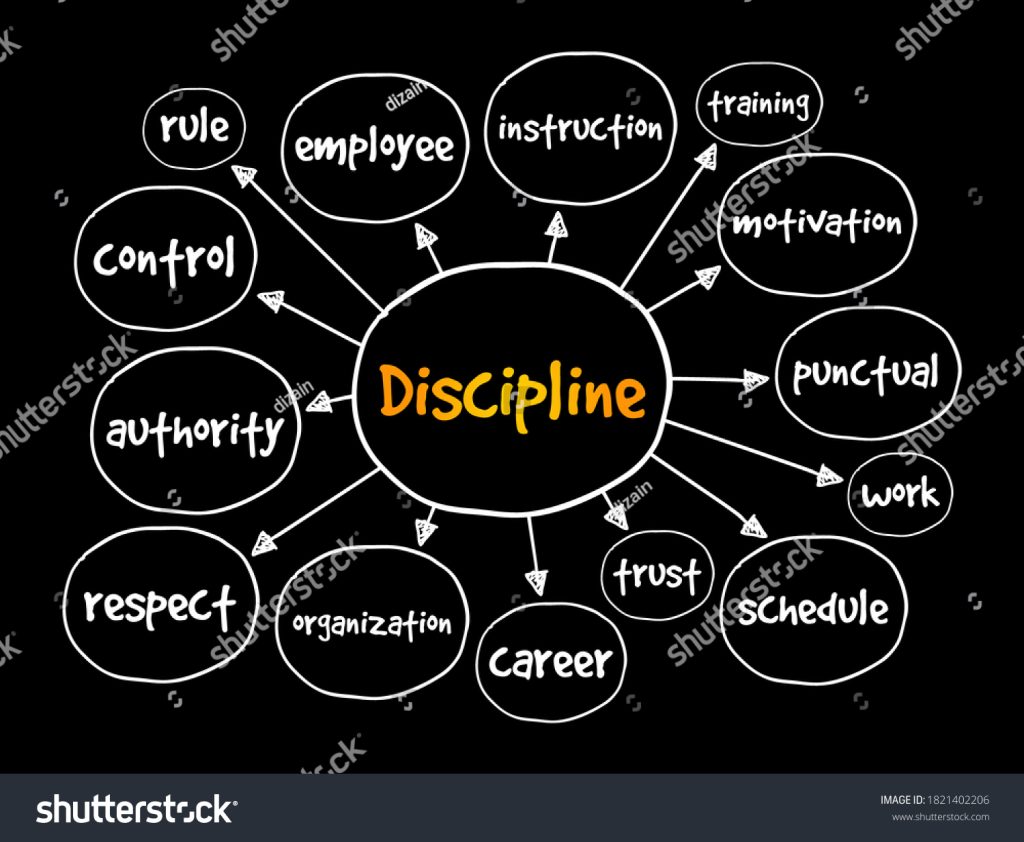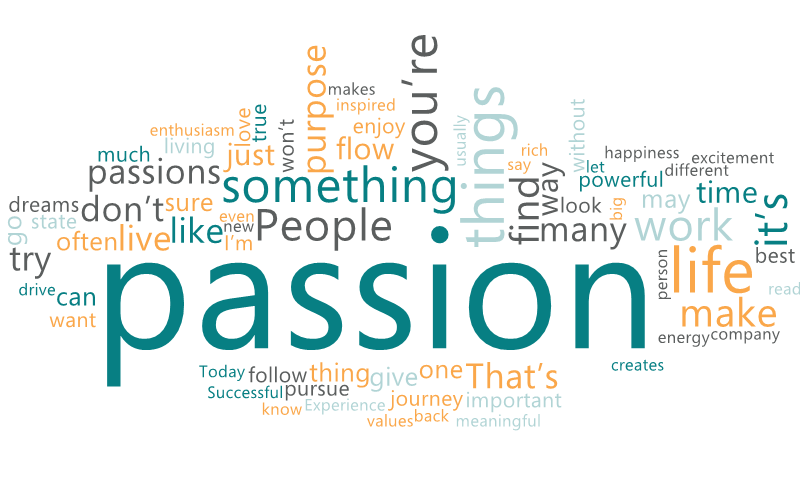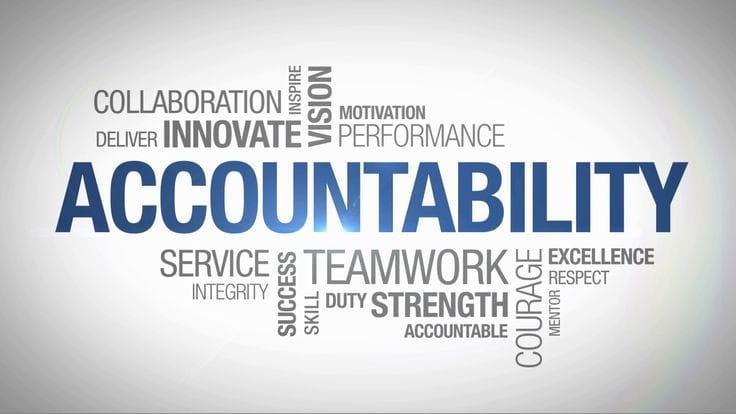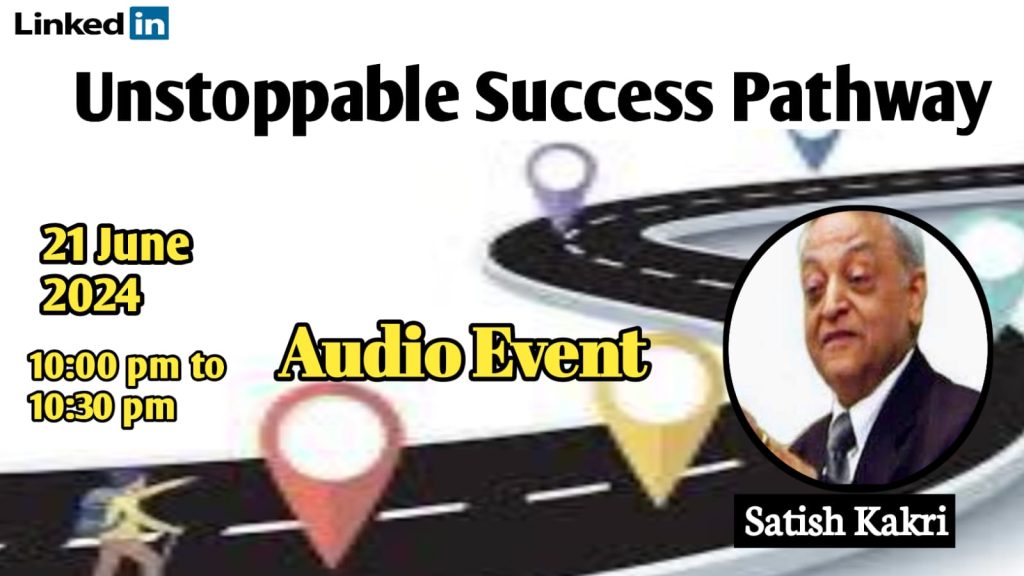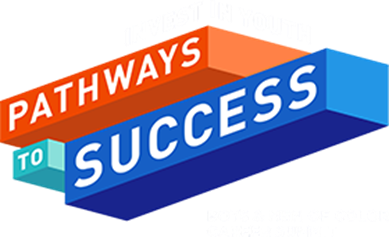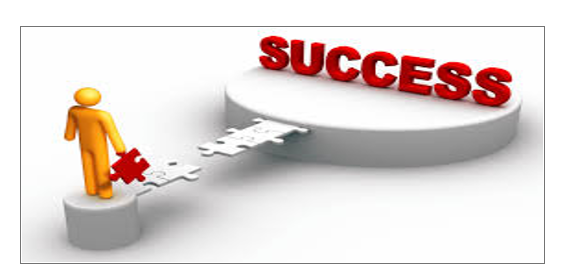A servant leader is someone who prioritizes the needs of their team, organization, or community above their own interests. This leadership philosophy focuses on serving others and fostering an environment where people can thrive personally and professionally. Coined by Robert K. Greenleaf in his 1970 essay, The Servant as Leader, servant leadership emphasizes humility, empathy, and a commitment to the growth of others.
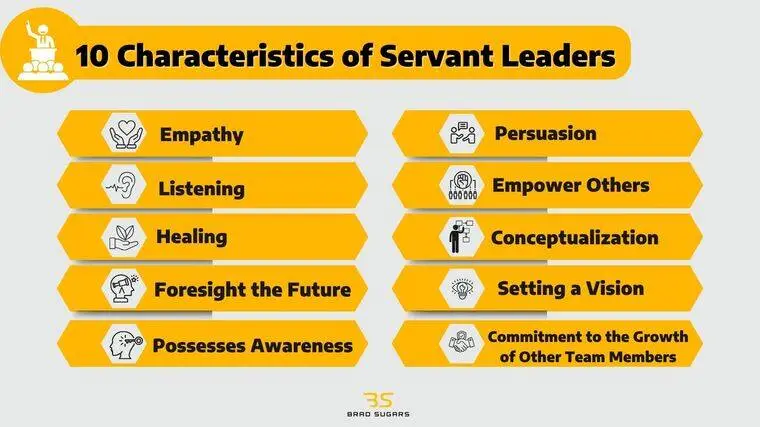
Characteristics of a Servant Leader
Empathy: Servant leaders strive to understand the feelings and perspectives of others. They listen actively and show compassion, creating a sense of belonging and trust within their team.
Listening: Instead of commanding or dictating, servant leaders value input and feedback. By attentively listening, they ensure that everyone feels heard and respected.
Healing: A servant leader seeks to resolve conflicts and mend broken relationships. They aim to create a harmonious and supportive environment.
Awareness: This involves being mindful of one’s emotions, strengths, weaknesses, and the dynamics within the team. Awareness allows servant leaders to make decisions with clarity and integrity.
Persuasion: Rather than using authority or coercion, servant leaders influence others through reasoning and dialogue. This approach builds consensus and fosters collaboration.
Conceptualization: They think strategically and envision the bigger picture. This allows them to guide their team toward long-term goals without losing sight of immediate tasks.
Foresight: By learning from past experiences and analyzing current trends, servant leaders anticipate challenges and opportunities, enabling their teams to adapt effectively.
Stewardship: A sense of responsibility for the well-being of the team and the organization is central to servant leadership. Servant leaders act as caretakers, ensuring resources are used wisely.
Commitment to the Growth of People: Servant leaders invest in the personal and professional development of their team members, offering opportunities for learning, mentoring, and growth.
Building Community: They foster a sense of unity and collaboration, encouraging teamwork and shared success.

Principles of Servant Leadership
Servant leadership operates on core principles that distinguish it from traditional leadership models:
People-Centric Approach: The primary focus is on empowering and uplifting individuals rather than achieving profits or personal accolades.
Ethical Decision-Making: Integrity and morality guide their choices, ensuring fairness and respect for all stakeholders.
Collaborative Leadership: Servant leaders work alongside their teams, valuing every member’s contributions.
Accountability: They take responsibility for their actions and outcomes, fostering a culture of trust and reliability.
Empowerment: By delegating authority and encouraging autonomy, servant leaders build confidence and competence within their teams.
Benefits of Servant Leadership
Enhanced Employee Engagement: Teams led by servant leaders often show higher levels of motivation and satisfaction. They feel valued and supported, leading to increased loyalty and commitment.
Improved Collaboration: A servant leader creates a culture of openness and trust, enabling seamless teamwork and innovation.
Better Decision-Making: By involving team members in decision-making, servant leaders gain diverse perspectives, leading to well-rounded and effective solutions.
Stronger Relationships: Empathy and active listening build trust and deepen connections between leaders and their teams.
Sustainable Growth: A focus on long-term development ensures steady progress, both for individuals and the organization.
Resilient Teams: Servant leaders equip their teams with the skills and confidence needed to navigate challenges effectively.

Challenges of Servant Leadership
Time-Intensive: Building relationships, mentoring, and fostering growth requires significant time and effort.
Perceived Weakness: In environments accustomed to authoritarian leadership, servant leadership may be misunderstood as a lack of assertiveness.
Balancing Needs: Juggling the needs of individuals, teams, and the organization can be challenging.
Slow Decision-Making: Consensus-driven approaches can delay urgent decisions.
Potential Burnout: The selfless nature of servant leadership can lead to exhaustion if the leader does not prioritize their well-being.
Examples of Servant Leadership in Action
Corporate Leadership: Leaders like Howard Schultz of Starbucks have exemplified servant leadership by prioritizing employee welfare, offering benefits like healthcare and education assistance.
Community Building: Nelson Mandela’s leadership during South Africa’s transition from apartheid demonstrated servant leadership by focusing on reconciliation and unity.
Non-Profit Organizations: Many non-profits thrive under servant leadership, where leaders prioritize the mission and the well-being of their team over personal gain.
Education: Teachers and school administrators practicing servant leadership often foster environments where students and staff feel supported and inspired to excel.

Steps to Become a Servant Leader
Practice Active Listening: Make a conscious effort to understand others’ perspectives and concerns.
Develop Empathy: Put yourself in others’ shoes and respond with compassion.
Encourage Collaboration: Create opportunities for teamwork and shared decision-making.
Invest in Personal Growth: Support training, mentoring, and career development for your team.
Lead by Example: Demonstrate the behaviors and values you expect from your team.
Communicate Openly: Foster transparency and honesty in all interactions.
Be Humble: Acknowledge mistakes, share credit, and remain approachable.
Focus on the Bigger Picture: Align your actions with the long-term goals and values of the organization.
Impact of Servant Leadership
Servant leadership has a transformative impact on organizations and society. By prioritizing people, servant leaders create environments where individuals can thrive. This, in turn, leads to higher productivity, stronger relationships, and sustainable success.
In the corporate world, servant leadership can lead to innovative and resilient organizations. In communities, it fosters unity and progress. Ultimately, the servant leadership model underscores the importance of empathy, humility, and service, making it a timeless and impactful approach to leadership.
https://nimblefoundation.org/
https://www.linkedin.com/in/satish-kakri-17224417/
https://www.facebook.com/nimblefoundation1
https://x.com/nimblecoach
Thanks for reading.



